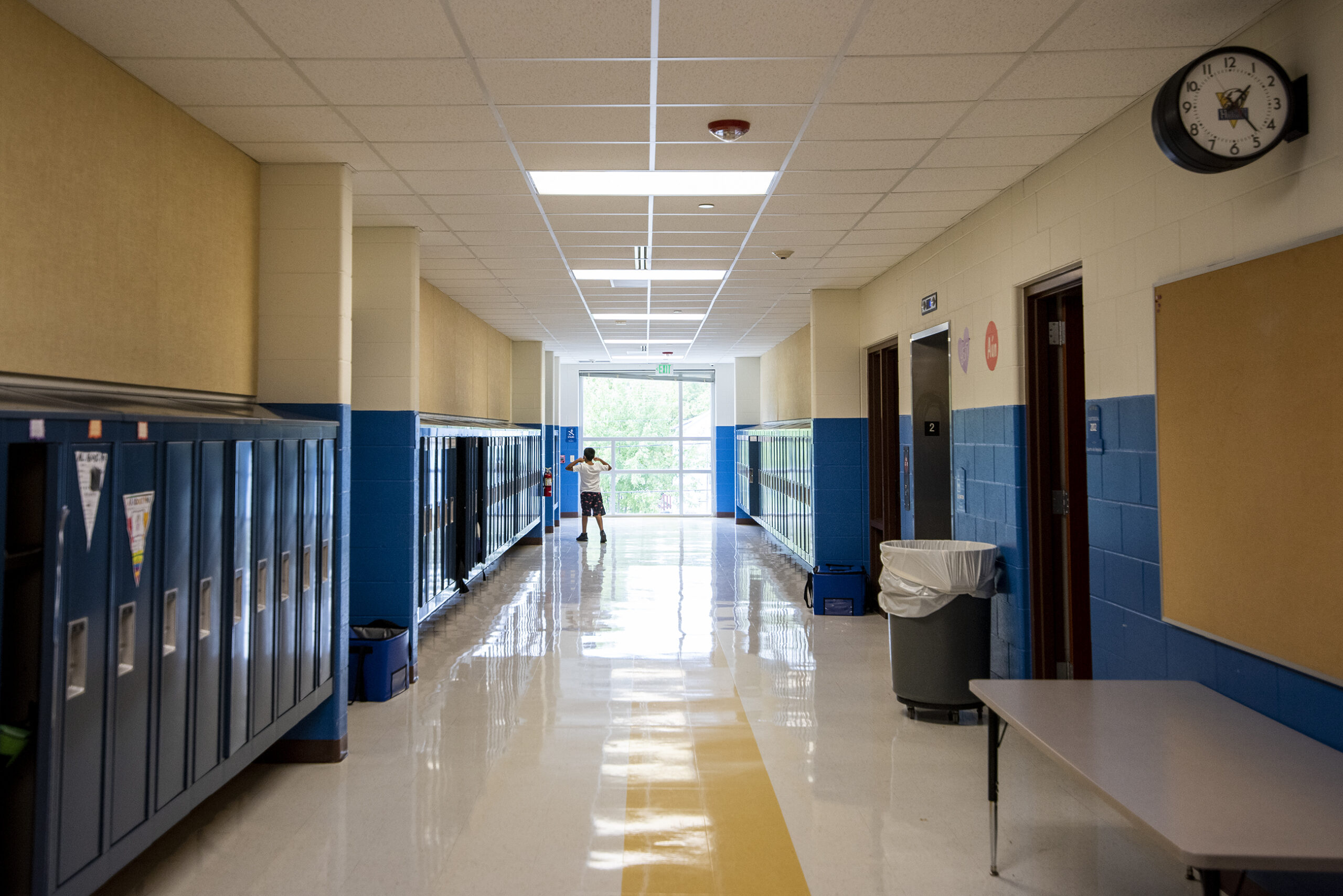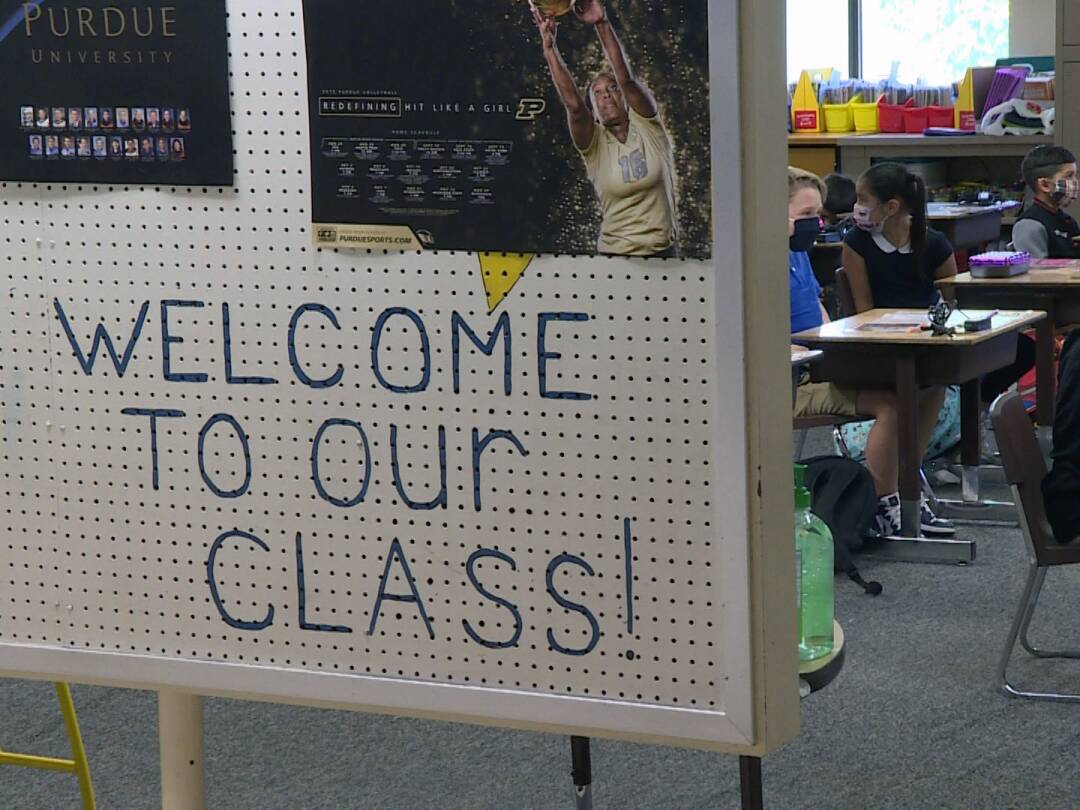
Report on the Legacy of Dr. Kylene Beers and Her Contributions to Literacy Education Aligned with Sustainable Development Goals
Introduction
Dr. Kylene Beers, PhD, a distinguished member of the International Literacy Association (ILA) for 35 years, passed away on June 20. As a passionate advocate for literacy and an influential educator and author, her work significantly transformed literacy education worldwide. This report highlights her contributions with a focus on their alignment to the United Nations Sustainable Development Goals (SDGs), particularly SDG 4: Quality Education.
Career and Impact on Literacy Education
Kylene Beers began her career as a middle school teacher, where she identified the challenges faced by struggling readers under traditional teaching methods. Her dedication to bridging this gap through compassionate, student-centered approaches exemplifies the commitment to inclusive and equitable quality education (SDG 4).
- Innovative Teaching Strategies: Her seminal book, When Kids Can’t Read, What Teachers Can Do, provided practical strategies for educators to support literacy development effectively.
- Collaborative Works: Alongside colleague Bob Probst, she co-authored influential publications such as Notice & Note and Disrupting Thinking, encouraging educators to foster critical thinking and deeper engagement with texts.
Contributions to Professional Development and Digital Learning
- ILA and NCTE Leadership: As a former president of the National Council of Teachers of English (NCTE), Dr. Beers championed student-centered pedagogy and literacy for all, reinforcing the SDG commitment to lifelong learning opportunities.
- Professional Learning Initiatives: She actively participated in the ILA Next Middle Pathway Workshop, focusing on teaching in digital and hybrid environments, thereby supporting SDG 9: Industry, Innovation, and Infrastructure.
- Emotional and Social Learning: Dr. Beers emphasized the role of writing as a tool for emotional expression, especially during crises such as the global pandemic, aligning with SDG 3: Good Health and Well-being.
Recognition and Ongoing Influence
In 2024, Dr. Beers received the James R. Squire Award from NCTE, acknowledging her unwavering devotion to literacy development and teacher support. Her ongoing legacy includes:
- Hosting literacy institutes at her ranch in Waco, Texas, engaging educators from the United States and Canada.
- Continuing projects that inspire and equip future generations of teachers to advance literacy education.
Alignment with Sustainable Development Goals (SDGs)
Dr. Kylene Beers’ work directly supports several SDGs, including:
- SDG 4: Quality Education – Promoting inclusive, equitable, and quality literacy education for all students.
- SDG 3: Good Health and Well-being – Encouraging emotional well-being through writing and reflective practices.
- SDG 9: Industry, Innovation, and Infrastructure – Advancing digital and hybrid teaching methodologies.
- SDG 10: Reduced Inequalities – Addressing the needs of struggling readers and fostering equitable learning opportunities.
Conclusion
Dr. Kylene Beers will be remembered for her pioneering insights into literacy, her dedication to reaching all students, and her joyful support of educators worldwide. Her legacy continues to inspire efforts toward achieving the Sustainable Development Goals, particularly in education and lifelong learning.
For personal remembrances of Dr. Kylene Beers, please contact social@reading.org.
1. Sustainable Development Goals (SDGs) Addressed or Connected
- SDG 4: Quality Education
- The article focuses extensively on literacy education, teaching strategies, and improving student engagement, directly relating to SDG 4 which aims to ensure inclusive and equitable quality education and promote lifelong learning opportunities for all.
- SDG 10: Reduced Inequalities
- Kylene Beers’ work emphasized closing the gap for struggling readers and supporting all students regardless of their challenges, which aligns with reducing inequalities in education and access to learning resources.
- SDG 3: Good Health and Well-being
- The article mentions using writing as a way to process feelings during the pandemic, linking literacy to mental health and emotional well-being, which is part of SDG 3.
2. Specific Targets Under Those SDGs Identified
- SDG 4: Quality Education
- Target 4.1: Ensure that all girls and boys complete free, equitable and quality primary and secondary education leading to relevant and effective learning outcomes.
- Target 4.6: Ensure that all youth and a substantial proportion of adults achieve literacy and numeracy.
- Target 4.c: Increase the supply of qualified teachers, including through international cooperation for teacher training.
- SDG 10: Reduced Inequalities
- Target 10.2: Empower and promote the social, economic and political inclusion of all, irrespective of age, sex, disability, race, ethnicity, origin, religion or economic or other status.
- SDG 3: Good Health and Well-being
- Target 3.4: Promote mental health and well-being.
3. Indicators Mentioned or Implied to Measure Progress
- For SDG 4 Targets:
- Indicator 4.1.1: Proportion of children and young people achieving at least a minimum proficiency level in reading and mathematics.
- Indicator 4.6.1: Proportion of population in a given age group achieving literacy and numeracy.
- Indicator 4.c.1: Proportion of teachers trained according to national standards.
- For SDG 10 Target:
- While no direct indicator is mentioned, progress can be measured by indicators related to educational inclusion and equity, such as enrollment and completion rates among marginalized groups.
- For SDG 3 Target:
- Indicator 3.4.2: Suicide mortality rate (implied mental health focus through writing as emotional processing).
- Qualitative measures of mental well-being in educational settings, implied through the article’s reference to writing as a coping mechanism during the pandemic.
4. Table of SDGs, Targets, and Indicators
| SDGs | Targets | Indicators |
|---|---|---|
| SDG 4: Quality Education |
|
|
| SDG 10: Reduced Inequalities |
|
|
| SDG 3: Good Health and Well-being |
|
|
Source: literacyworldwide.org







